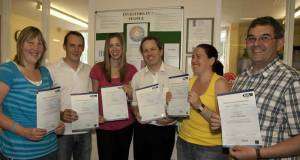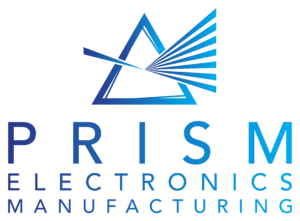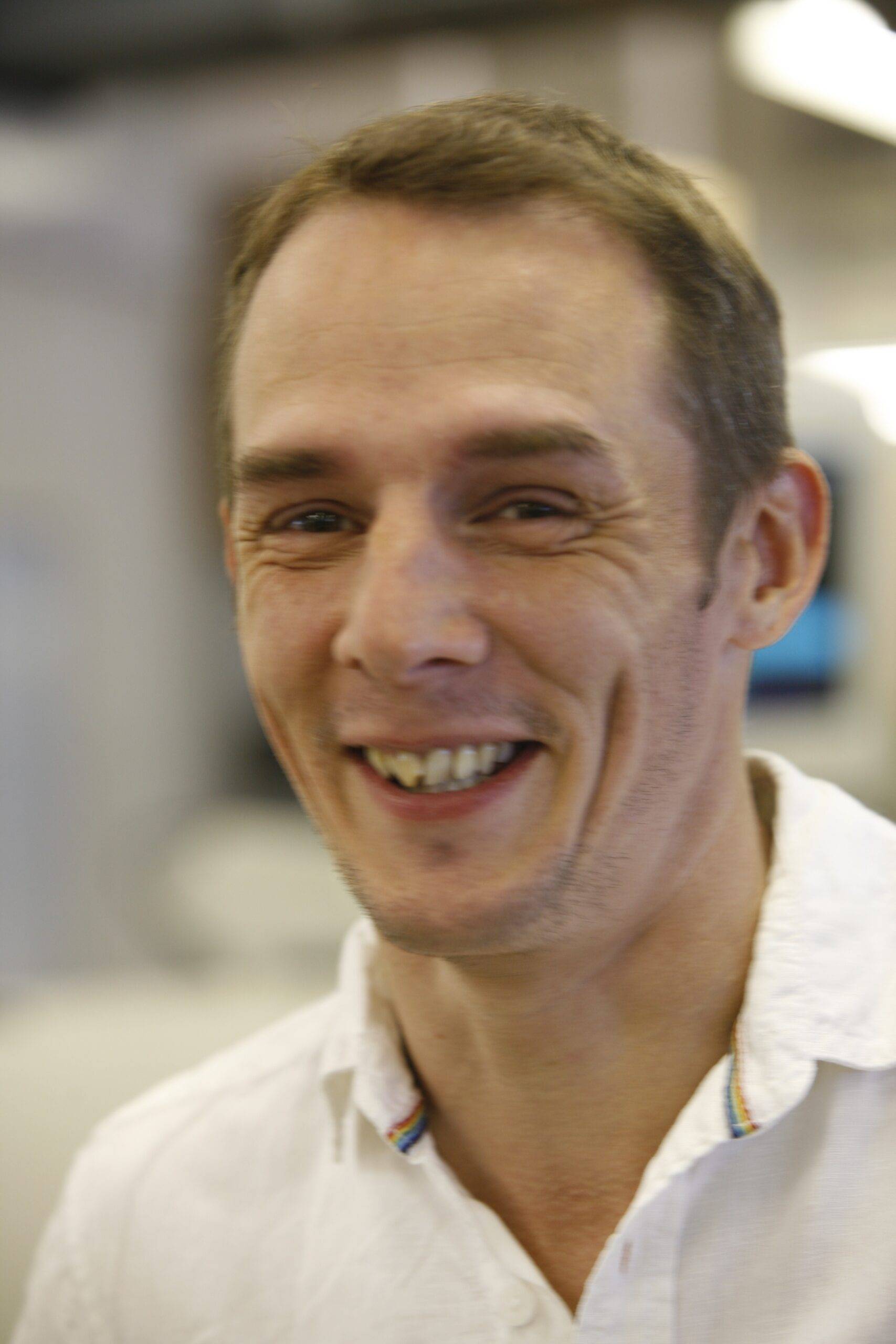Undertaking NVQ business improvement training has helped staff at St Ives (Cambridgeshire) based contract electronics manufacturing services provider Prism Electronics Limited (prism-electronics.com) become better problem solvers.
Eight members of staff at Prism Electronics undertook the government-funded Business Improvement Techniques NVQ Level 2. It was undertaken to acquaint staff across all functions of the company with ‘lean manufacturing’ business improvement techniques focussing on waste reduction.
In addition to developing lean manufacturing principles delegates also learned how to take a structured approach to problem solving. The purpose of the course was to improve business effectiveness and increase customer service levels whilst providing more rewarding employment for staff.
The course, facilitated by a consultant through Cambridge Regional College (www.camre.ac.uk), is part of an ongoing process of improvement in the company. The first session took place at the college and subsequent sessions were held at Prism’s St Ives premises.

The Prism business improvement team are from left to right Nicola Shepherd, Paul Young, Lindsay Webb, David Dale, Kellie Whitworth and Phil Lennard.
Prism head of operations David Bance said: “The consultant had a background in engineering so was not only able to train and facilitate but was also able to contribute to the technical element of the course. This was important in gaining credibility amongst some of the team and countering any initial scepticism.” Course modules included complying with statutory regulations and organisational safety requirements, contributing to effective team working, applying 5S workplace organisation techniques, Kaizen continuous improvement techniques, creating visual management systems and applying problem solving techniques.
David Bance explained: “As part of the course staff undertook four projects. Two of these were on developing the layout of the workplace to minimise waste. This took into account things like improving flow through the work area and eliminating non-value adding activities.
“Staff also looked at quality performance and problem solving. One of these projects involved reducing the misplacement of surface mount components and identified package parameters as the root cause – this is easily resolvable.”
The Business Improvement Techniques NVQ programme provides an industry standard qualification centred on the proven tools and techniques of lean manufacturing. It is designed to support continuous improvement by promoting effective team working and developing lean skills across the Prism workforce.
David Bance added: “We put staff on the course to improve business performance as a whole. The eight members of staff across all our business functions will now be able to ensure that we adhere to lean business practices in order to reduce waste in our operations and deliver the best possible service to our customers.
“They will be able to identify and eliminate waste, create flow and improve quality leading to greater efficiency and increased profitability. But it doesn’t end there. We are continuing to work with the delegates to establish a forum to keep the problem solving project work going. It encourages us all to think about wastage and what we can do to work in a better way.
“Since the NVQ element of the course was completed Prism staff have developed projects looking at how to utilise the tooling area better and working on an improved definition of when a works order is complete. Staff are now always thinking about what they can do to make a difference to the business.
“As well as the direct business benefit generated by quality, cost and delivery improvement the NVQ in BIT also demonstrates our commitment to continued investment in Prism employees. We look to provide rewarding employment for staff through training and reducing health and safety issues.”
The Prism staff who took the course were David Dale, Robert Follon, Phil Lennard, Linda Rose, Nicola Shepherd, Lindsay Webb, Kellie Whitworth and Paul Young.




